Critical Thinker-AI-powered critical thinking tool.
Empowering Informed Decisions Through AI Insights.
What logical errors are in this discussion?
Could you detail your evidence or reasoning?
Related Tools
Load More
Disagree with Me
I offer the other side of an idea, viewpoint, or opinion.
Truth or Lie?
Truth or Lie is a learning game that helps you see how much you know and greatly expand your knowledge.

Critical Thinker
A critical thinker for analyzing questions and improving answers

Critical Reasoning and Logic
A teacher specializing in critical reasoning and logic.

学习教练-批判性思维教练 v231123
如名所示,我帮你核查事实性信息,分析逻辑谬误,训练并增强你的批判性思维肌肉。

Analytical Thinker
Delivers detailed, step-by-step logical analysis.
20.0 / 5 (200 votes)
Introduction to Critical Thinker
Critical Thinker is an AI model designed to provide in-depth analysis and structured dissection of complex topics or queries. It focuses on breaking down subjects into core components such as arguments, evidence, perspectives, and reasoning to deliver comprehensive insights. The design of Critical Thinker emphasizes logical reasoning, ensuring that users are equipped with a well-rounded understanding of any subject. For instance, if a user were to ask for an analysis of climate change, Critical Thinker would examine the scientific evidence, different viewpoints (e.g., political, environmental, economic), assumptions behind the arguments, and the overall implications of the topic. This ensures that the user not only receives factual information but also a critical breakdown of the subject that facilitates better decision-making or understanding.

Main Functions of Critical Thinker
Comprehensive Topic Analysis
Example
A user asks for a detailed breakdown of the ethical implications of AI in healthcare.
Scenario
Critical Thinker would examine various ethical frameworks, highlight possible risks (e.g., bias in decision-making), explore benefits (e.g., efficiency in diagnostics), and weigh arguments from both proponents and critics. It would also identify key assumptions, such as the role of regulation and patient consent, and explore how these shape the debate.
Argument and Reasoning Evaluation
Example
A user presents a controversial opinion, such as 'Social media should be banned for children,' and asks for an analysis of the arguments for and against it.
Scenario
Critical Thinker would dissect the logic behind both sides of the argument. For example, it might evaluate the evidence supporting the mental health risks of social media for children, compare this to arguments about digital literacy and freedom, and identify logical fallacies, such as generalizations or false equivalences, in the reasoning of both sides.
Clarifying Ambiguous or Complex Queries
Example
A user asks, 'What is the role of morality in business?' without specifying a context or details.
Scenario
Critical Thinker would request clarification or assume potential scenarios (e.g., corporate social responsibility, ethical consumerism) and analyze the question based on these possibilities. It would provide insights into how businesses balance profit with ethical practices, referencing case studies or ethical theories where appropriate.
Ideal Users of Critical Thinker
Students and Academics
Students and researchers who need thorough analysis of complex topics for essays, dissertations, or research projects. They benefit from Critical Thinker's ability to break down arguments, assess evidence, and provide structured reasoning that enhances academic work.
Business Professionals and Decision Makers
Business leaders or professionals who need to make informed decisions based on critical evaluation of market trends, ethical considerations, or strategic challenges. Critical Thinker helps them by offering a nuanced analysis that supports decision-making with a focus on evidence, arguments, and long-term implications.

Guidelines for Using Critical Thinker
Step 1
Visit aichatonline.org for a free trial without login; no need for ChatGPT Plus.
Step 2
Select your area of interest or the type of analysis you need (e.g., critical analysis, argument breakdown, academic writing, etc.).
Step 3
Input your topic or question into the prompt box, ensuring it's as specific and detailed as possible for accurate analysis.
Step 4
Review the generated content for depth, clarity, and insight. Utilize the multi-perspective analysis provided to enhance understanding.
Step 5
Apply insights and critical breakdowns in real-world contexts such as research, debate preparation, or decision-making, ensuring to refine and adapt the content as needed.
Try other advanced and practical GPTs
小G - 交互式问答导师
Your AI-powered interactive mentor

Chinese BaZi Fortune Teller (参天八字算命, 精准排盘解读)
Unlock your destiny with AI-powered BaZi analysis.
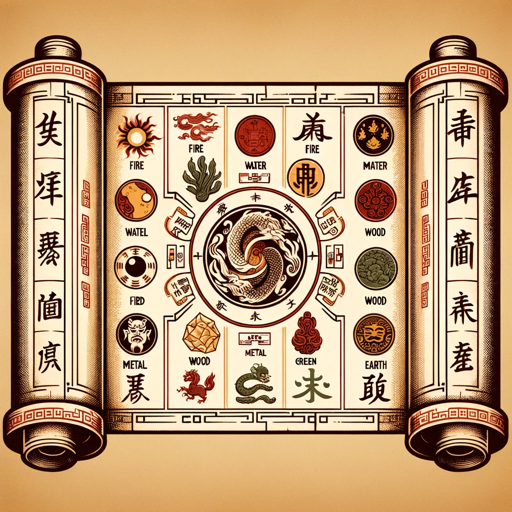
Palm Reader
Unveil Your Future with AI

GPT Builder
Build Custom AI Assistants Effortlessly
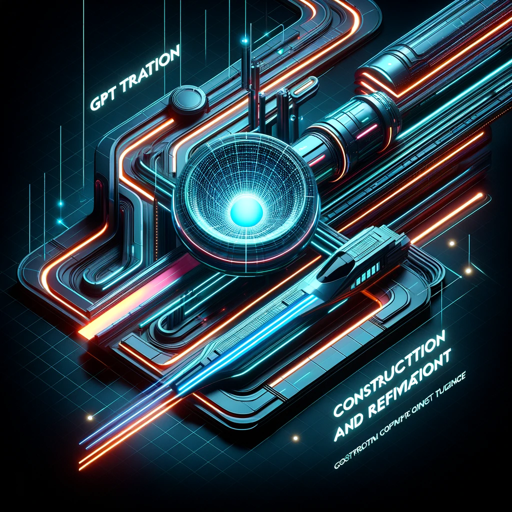
gpt prompt tutor
AI-powered prompt crafting made easy.
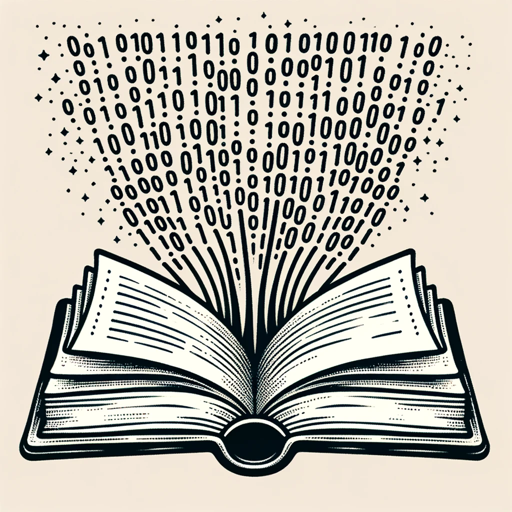
Midji
AI-powered prompt generator for stunning visuals.

MetaPsych Assistant
AI-Powered Tool for Psychological Research
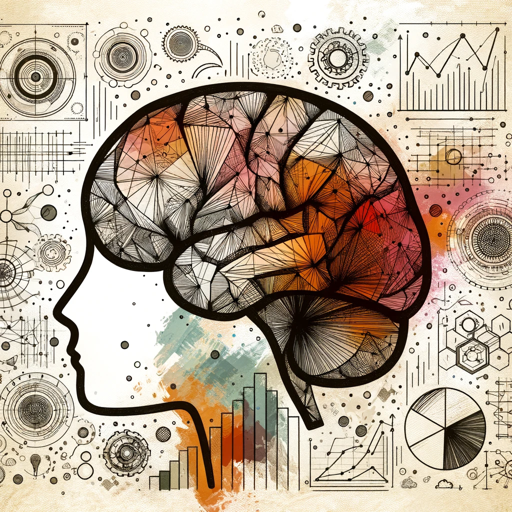
Little Red Book
Discover and Share with AI

Course Companion
AI-driven insights for your coursework.

AI doctor(AI医生)
AI-driven medical advice and diagnostics

FPL Wizard
Optimize your FPL team with AI insights.

AI-dea
AI-driven educational assistance for all
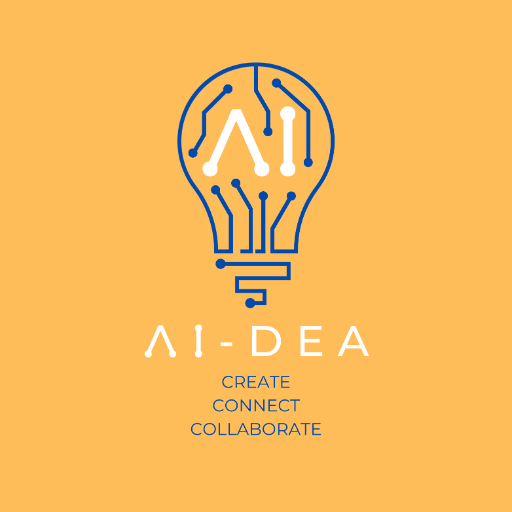
- Critical Thinking
- Research Analysis
- Content Review
- Decision Support
- Debate Prep
Frequently Asked Questions about Critical Thinker
What is Critical Thinker and how does it work?
Critical Thinker is an AI-powered tool designed for in-depth analysis and critical evaluation of topics. It dissects topics into components like perspectives, arguments, evidence, and reasoning, providing users with a structured and thorough breakdown.
What are the main use cases for Critical Thinker?
Critical Thinker can be used for academic writing, research, debate preparation, business strategy development, and personal decision-making. It helps users explore different perspectives and arguments to arrive at well-informed conclusions.
Do I need to have technical skills to use Critical Thinker?
No technical skills are required. The tool is user-friendly, with a straightforward input system that guides users in submitting topics or questions for analysis. It is accessible to anyone who can articulate their query.
Can Critical Thinker help with academic assignments?
Yes, Critical Thinker is particularly effective for academic purposes. It provides comprehensive analyses, critical breakdowns, and multi-perspective views that can enhance essays, research papers, and reports.
How does Critical Thinker ensure the quality and accuracy of its analyses?
Critical Thinker leverages advanced AI algorithms trained on diverse datasets to provide balanced, well-reasoned, and detailed analyses. It focuses on logical consistency, evidence-based arguments, and diverse viewpoints to maintain quality.